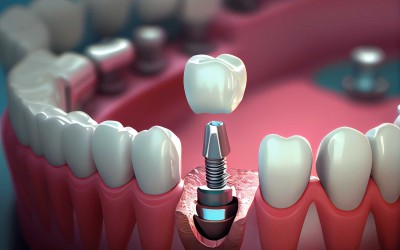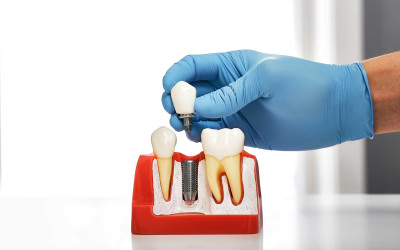Causes and Solutions for Dry Mouth Problems

Causes and Solutions for Dry Mouth Problems
- 16 December 2024
- 2404 views
What is dry mouth? What are its causes and solutions? Discover how you can increase saliva production to protect your oral health!
This content is for informational purposes only and does not replace medical advice, diagnosis, or treatment. Please consult a healthcare professional for any health concerns.
Table of Contents
Oral health has a major impact on overall health. The health of the salivary glands is just as important as that of the teeth and gums. Saliva helps maintain oral health by balancing bacteria in the mouth, breaking down food, and protecting the teeth. However, some individuals may not produce enough saliva. This leads to the problem of dry mouth.
What is Dry mouth?
Dry mouth is a condition that occurs when the salivary glands do not produce enough saliva. Saliva not only prevents dryness in the mouth, but also regulates the acid levels and provides a natural defense against bacteria. Lack of saliva can lead to problems such as tooth decay, bad breath, and difficulty swallowing.
Symptoms of Dry mouth
The following symptoms are observed in people who have dry mouth problems:
- Constant feeling of the dryness in mouth
- Difficulty swallowing
- Frequent thirst
- A burning sensation on the tongue
- Bad breath
- Cracks on the lips and tongue
- Difficulty tasting food
- Increased tooth decay
- Dry throat and difficulty speaking
These symptoms indicate that oral health may be deteriorating. If they persist for a long time, they can lead to serious health issues.
Causes of Dry mouth Problem
There can be various causes of dry mouth problem. These reasons are usually caused by factors that affect the functioning of the salivary glands.
Medication Use
Many medications can reduce saliva production as a side effect. Common medications such as antihistamines, blood pressure medications, antidepressants and painkillers can cause dry mouth. Prolonged use of these medications can seriously affect saliva production in the mouth.
Aging
As people age, the function of the salivary glands may decline. This is why dry mouth complaints are more common in older individuals. In addition, increased use of medication and the weakening of the salivary glands over time can worsen this condition.
Tobacco and Alcohol Use
Smoking is a common factor that causes dry mouth. Tobacco products interfere with the healthy function of salivary glands, leading to dryness in the mouth. Similarly, alcohol consumption reduces saliva production by causing a loss of moisture in the mouth.
Radiotherapy and Chemotherapy
Radiotherapy applied to the head and neck region can damage the salivary glands and reduce saliva production. As chemotherapy also targets cells in the body, it can affect the functioning of the salivary glands.
Dehydration
Inadequate fluid intake can lead to dehydration in the body. Dehydration disrupts the body's general functioning and negatively impacts saliva production. Dry mouth symptoms become more pronounced in individuals who experience fluid loss, particularly in hot weather or after intense physical activity.
Nerve Damage
A blow to the head or neck area or surgical procedures involving the same area can cause nerve damage. Since nerves directly affect the functioning of the salivary glands, such damage can reduce saliva production and cause dry mouth.
Autoimmune Diseases
Autoimmune diseases such as Sjogren's syndrome attack the salivary glands and reduce saliva production. Such diseases can cause chronic dry mouth problems.
Solutions for Dry mouth Problems
There are several simple steps that can help alleviate dry mouth. However, if the underlying cause points to a more serious health issue, it is important to consult a dentist or doctor.
- Drink More Water: Drinking water regularly throughout the day helps maintain the body's water balance and can increase saliva production. Sipping small amounts of water frequently can increase the moisture in the mouth and relieve dryness.
- Use Sugar-Free Gum and Hard Candies: Chewing sugar-free gum stimulates saliva production. Chewing gum or hard candies activate the salivary glands and reduce dryness in the mouth.
- Humidify Your Environment: Dry air can worsen the mouth dryness. Using a humidifier at home helps maintain moisture in the air, reducing dry mouth symptoms.
- Consult Your Doctor About Medication Adjustments: If dry mouth is caused by medication, it is important to share this with your doctor. Your doctor may suggest alternative medications or make adjustments to minimize side effects.







